
by Ria Olivier | Dec 5, 2020 | Announcement, News, Newsletters>Gough Island Newsletters, Overwintering Team
In this edition:
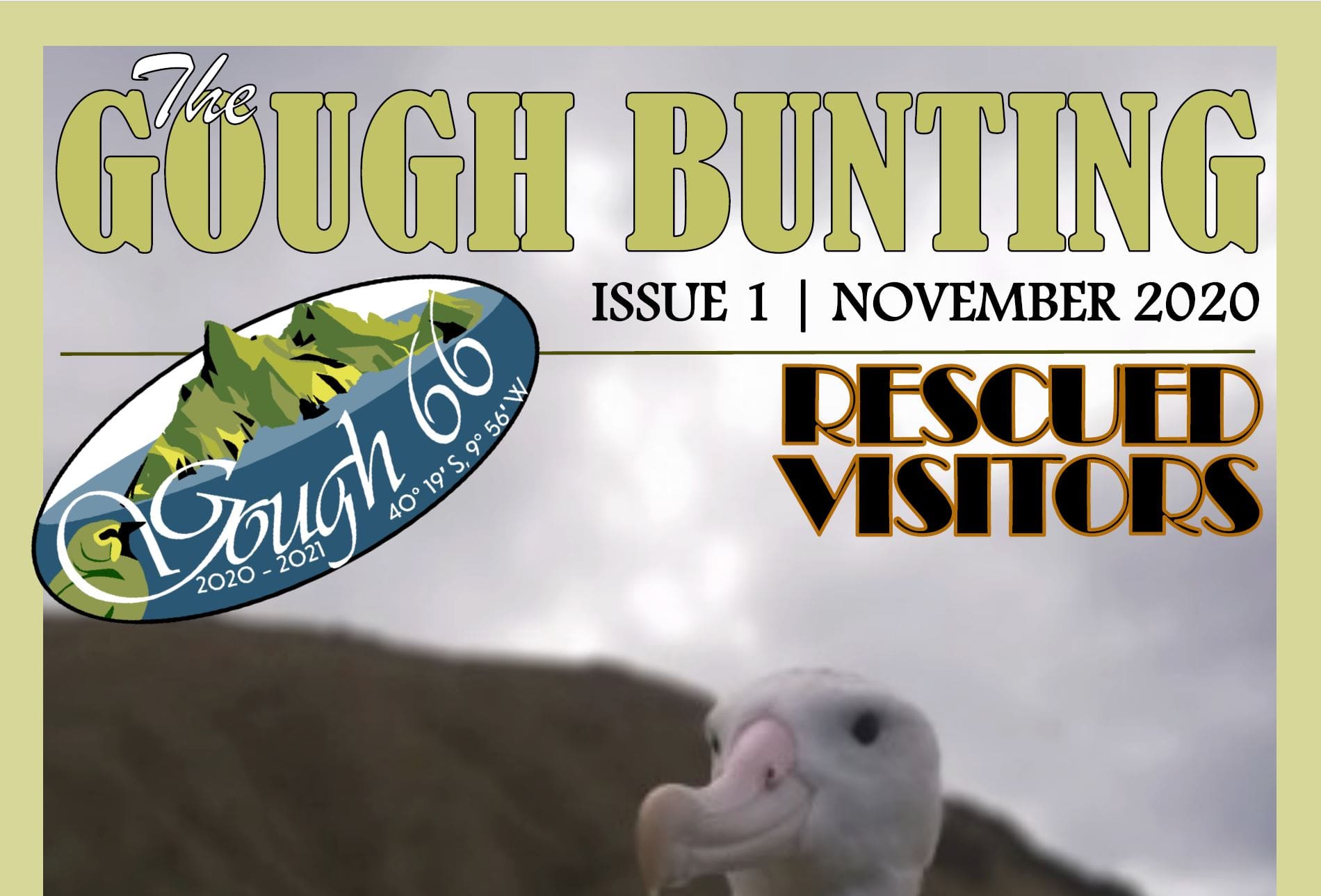
- Letter from the team leader
- Meet the team
- Read about the rescued crew from the MV Geo Searcher that sank just off Gough Island
- Birthday celebrations
- Take-over 2020
- Meteorological operations
- and more…
Click here to download this issue of the Gough Bunting.
Click here to view all the Gough Bunting (newsletters) available on the ALSA Archive.

by Ria Olivier | Nov 9, 2020 | Announcement, Antarctica, Jobs, Research, Science, Southern Ocean

 Dr. Sarah Fawcett of the Department of Oceanography at University of Cape Town is part of the Weddell Sea and Dronning Maud Land (WS-DML) Working Group (WG). A great opportunity for an early career scientist has become available within this group to become the APECS representative.
Dr. Sarah Fawcett of the Department of Oceanography at University of Cape Town is part of the Weddell Sea and Dronning Maud Land (WS-DML) Working Group (WG). A great opportunity for an early career scientist has become available within this group to become the APECS representative.
 The group facilitates coordinated and standardized observational studies of major physical, chemical and biological variables including their drivers and interactions. This refers to a regional but also a circum-Antarctic approach. The WS-DML WG will contribute to an increase in quality of the science output and strengthen the awareness of the relevance of research in the WS-DML sector of the Southern Ocean through international projects contributing to the SOOS. The Working Group is open for involvement to anyone working in the Weddell Sea and Dronning Maud Land region. (Report of 2019)
The group facilitates coordinated and standardized observational studies of major physical, chemical and biological variables including their drivers and interactions. This refers to a regional but also a circum-Antarctic approach. The WS-DML WG will contribute to an increase in quality of the science output and strengthen the awareness of the relevance of research in the WS-DML sector of the Southern Ocean through international projects contributing to the SOOS. The Working Group is open for involvement to anyone working in the Weddell Sea and Dronning Maud Land region. (Report of 2019)
The WS-DML-WG is looking for an early career scientist to join the SOOS Southern Ocean Weddell Sea and Dronning Maud Land Sector Regional Working Group and become our APECS representative. The successful applicant will have working knowledge of observational research of the Southern Ocean with a particular interest in the Weddell Sea and Dronning Maud Land. The APECS representative will attend RWG meetings, and be responsible for assisting with data collection, curation, and reportage, and will be an important link in liaising between APECS and SOOS. We are interested in receiving applications from any countries, including those not yet represented by the WG Leadership Group. For specific questions on this position, please contact Alyce Hancock (alyce.hancock@utas.edu.au).
The position will be for 2 years and non-salaried, but there will be travel reimbursement for attending one meeting if the working group holds a meeting during your term, and potential for co-authorship of publications.
To apply, you need to meet the following criteria:
– Early career researcher (up to 5 years past PhD)
– Have a research background that fits the focus of the group
To apply send the following information to info@apecs.is by 15 Dec 2020
– your CV
– Statement of Interest (max one page), including your research background,
– your motivation in joining the working group,
– your thoughts on how you can contribute to the group
– how this would benefit your career
The SOOS WS-DML WG aims to fulfill the following terms of reference:
Develop and enable regional-scale observing using SOOS best practice for observing systems, including areas from which data sets already exist, to detect long-term changes.
Identify physical, geochemical and biological key processes and their coupling in areas of the WS-DML region under climate change as well as in presently stable areas expected to experience warming and melting of sea-ice in the future.
Identify and assemble key legacy data sets and sampling techniques.
Provide best practice sampling protocols to enable the standardization of measurements.
Based on the experience in the region, identify data gaps and bottlenecks in the observation systems that hinder a comprehensive understanding of the physical, geochemical and biological systems.
Facilitate coordinated and, where possible, multi-disciplinary observations.
Make plans of operations available on the SOOS website to increase collaboration amongst the international community.
Facilitate procedures to achieve data availability across the science community according to SOOS data policy, which includes the publication of data and meta-data.
Convene focussed sessions at international meetings, including SCAR, SCOR and their scientific initiatives, and facilitate synthesis products, to increase the awareness of the science community to the importance of the Weddell Sea – Dronning Maud Land region. Also joint events with the International Arctic Science Committee (IASC) on polar comparative observations and analysis as well as should be supported.
Provide support to the International Program Office (IPO) by providing short reports to be available at the SOOS SSC annual meeting, as well as providing content for the IPO website/newsletters on the activities and outcome.
Contribute to international initiatives assessing the state of the SO, especially with reference to climate change, pollution and the exploitation of natural resources.
Support stakeholders with scientific information, especially the initiative to develop an MPA; support the MPA management plan after its endorsement.
Credit Cover Image: Weddell Sea gallery

by Ria Olivier | Nov 6, 2020 | Announcement, Jobs, Marion Island, SANAP, Science

Stephanus Schoeman
 Current engineer at Marion Island is Stephanus Schoeman: “One of the five Marion Island first-timers is SANSA Space Weather Engineer Stephanus Schoeman. He will monitor and maintain systems, report on the status of different instruments, and develop new hardware and software to maximise efficiency, reliability and uptime of the systems.”
Current engineer at Marion Island is Stephanus Schoeman: “One of the five Marion Island first-timers is SANSA Space Weather Engineer Stephanus Schoeman. He will monitor and maintain systems, report on the status of different instruments, and develop new hardware and software to maximise efficiency, reliability and uptime of the systems.”
“On the island we have a Global Navigation Satellite System (GNSS) scintillation receiver, magnetometer, Very Low Frequency (VLF) antenna with five different analytic systems, and a riometer,” he says.
Schoeman helped upgrade a tide gauge, which forms part of the International Tsunami Early Warning System. He also helped install a DORIS (Doppler Orbitography and Radio-positioning Integrated by Satellite) beacon, which helps satellites stay in orbit by compensating for loss of altitude due to atmospheric drag. Read the full article
 SANSA has again an opportunity for an engineer at Marion Island for 2021/2020 . The applicants will be expected to
SANSA has again an opportunity for an engineer at Marion Island for 2021/2020 . The applicants will be expected to
- Design and build new equipment
- Maintain and upgrade instrumentation.
- Install, commission, maintain, calibrate and modify electronic instruments and systems for the collection, reduction and analysis of data.
- Execute experiments related to Space Weather studies
- Give core engineering support.
Candidates must be physically fit, have sober habits, be mentally strong and prepared for physically challenging and satisfying work.

by Ria Olivier | Oct 20, 2020 | Announcement, Jobs, Marion Island, Overwintering Team, SANAP

 Applications now open for Marion Island 2021-2022 season. Visit the Jobs page to see vacancies. Applications close first week of November.
Applications now open for Marion Island 2021-2022 season. Visit the Jobs page to see vacancies. Applications close first week of November.


Visit Gallery to see all Marion Team Photos and read more about the expedition and living on the island
Team Structure:
Medical Orderly
Diesel Mechanic
Electrical Engineer Technician
Communications Engineer/Technician
Environmental Officer and Assistant Environmental Officer
Senior Meteorological Technician and 2 Meteorological Technicians


Marion 77 Current Team Leader Winnie (left) and Deputy Team Leader Nkoane (right)

by Ria Olivier | Oct 7, 2020 | Announcement, Antarctica, News, Research, SANAP, SCAR
The SCAR-Executive approved support for work to be undertaken by the Standing Committee on the Humanities and Social Sciences about the impacts of COVID-19 on Antarctic research and researchers. Should anyone wish to communicate with the community considering these questions please get in touch with the SC-HASS group leaders. Background to the survey can be found in the YouTube links of SCAR2020 Online:
Plenary Presentation by Dr. Daniela Liggett

 Discussion: Impact of COVID-19 on Antarctic Research – joint SCAR/COMNAP Panel
Discussion: Impact of COVID-19 on Antarctic Research – joint SCAR/COMNAP Panel
The SC-HASS Antarctic COVID-19 Research Group has prepared a survey to learn more about the impact of COVID-19 on the Antarctic research community. We invite all Antarctic researchers, support staff, students, and anyone else involved in Antarctic research or logistics to complete this survey. Your response will help us to understand how we as a community are affected and will inform strategic decisions to mitigate impacts. Please share the link to this survey with your networks. Note that the survey is set to close by 8 November 2020. We appreciate your participation before that time. If you have any questions, please contact Andrea Herbert (andrea.herbert@canterbury.ac.nz) or Daniela Liggett (daniela.liggett@canterbury.ac.nz).
 Link to the survey: http://canterbury.qualtrics.com/jfe/form/SV_8qsgGl4oyuVjxQx
Link to the survey: http://canterbury.qualtrics.com/jfe/form/SV_8qsgGl4oyuVjxQx

by Ria Olivier | Sep 18, 2020 | Announcement, Current Event, Environment, Marion Island
 Department of Environment Forestry and Fisheries Media Release: International wildlife documentary series to be filmed on Marion Island – 16 September 2020
Department of Environment Forestry and Fisheries Media Release: International wildlife documentary series to be filmed on Marion Island – 16 September 2020
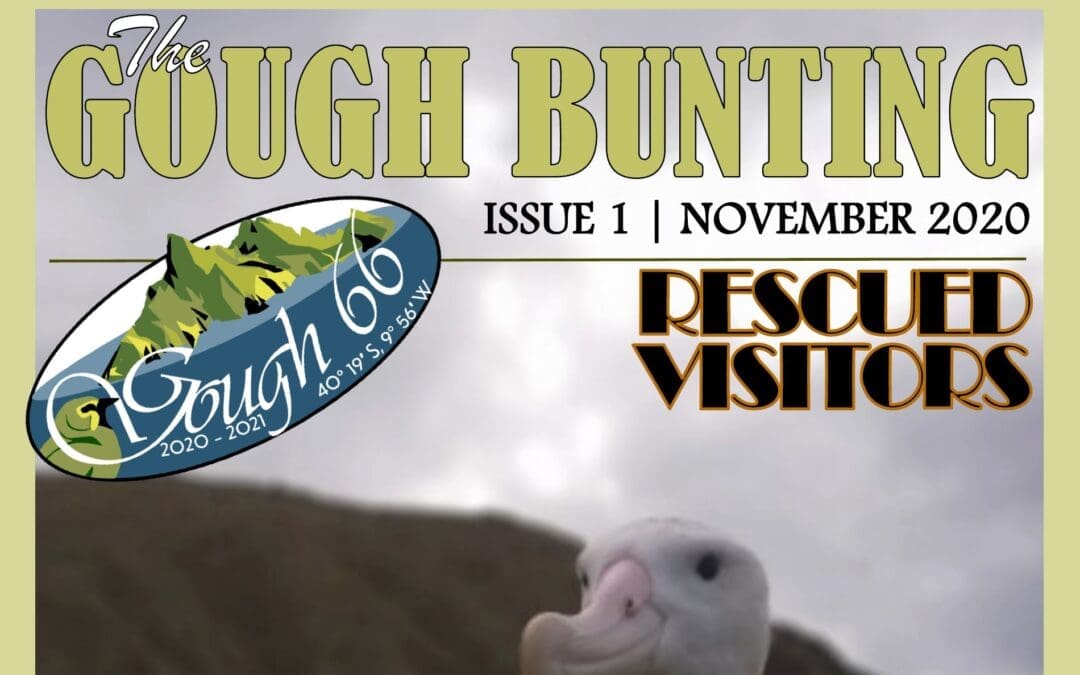





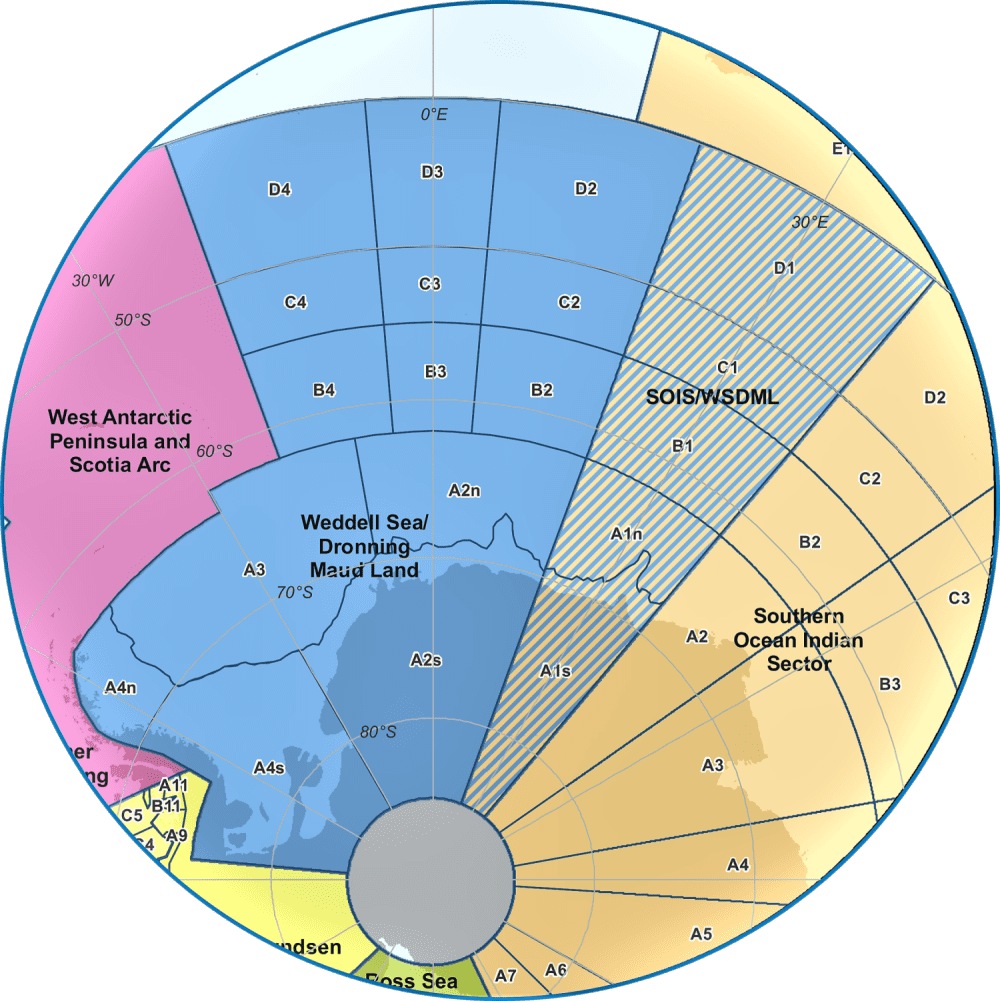 The group facilitates coordinated and standardized observational studies of major physical, chemical and biological variables including their drivers and interactions. This refers to a regional but also a circum-Antarctic approach. The WS-DML WG will contribute to an increase in quality of the science output and strengthen the awareness of the relevance of research in the WS-DML sector of the Southern Ocean through international projects contributing to the
The group facilitates coordinated and standardized observational studies of major physical, chemical and biological variables including their drivers and interactions. This refers to a regional but also a circum-Antarctic approach. The WS-DML WG will contribute to an increase in quality of the science output and strengthen the awareness of the relevance of research in the WS-DML sector of the Southern Ocean through international projects contributing to the 

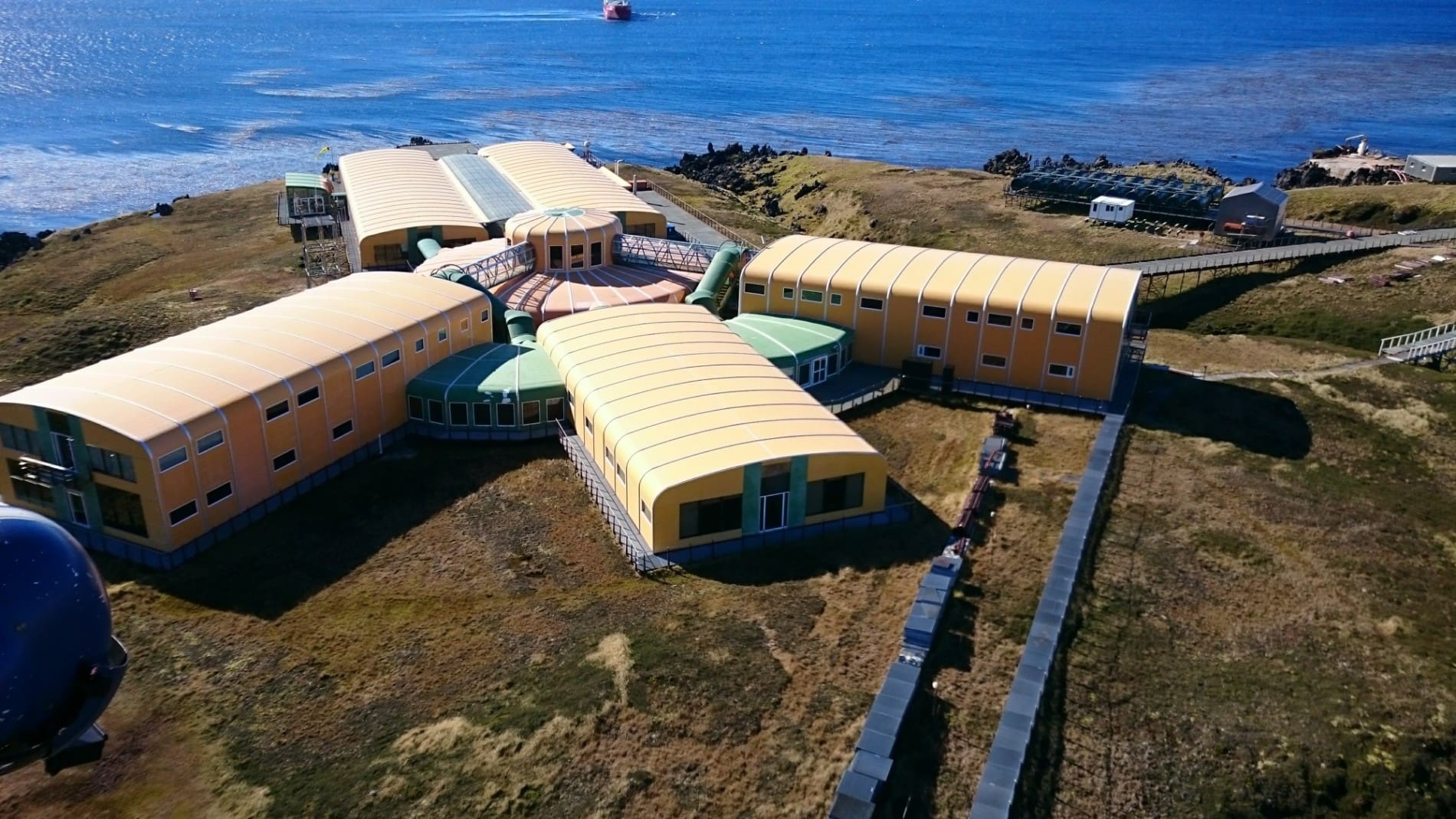 Current engineer at Marion Island is Stephanus Schoeman: “One of the five Marion Island first-timers is SANSA Space Weather Engineer Stephanus Schoeman. He will monitor and maintain systems, report on the status of different instruments, and develop new hardware and software to maximise efficiency, reliability and uptime of the systems.”
Current engineer at Marion Island is Stephanus Schoeman: “One of the five Marion Island first-timers is SANSA Space Weather Engineer Stephanus Schoeman. He will monitor and maintain systems, report on the status of different instruments, and develop new hardware and software to maximise efficiency, reliability and uptime of the systems.” SANSA has again an opportunity for an
SANSA has again an opportunity for an 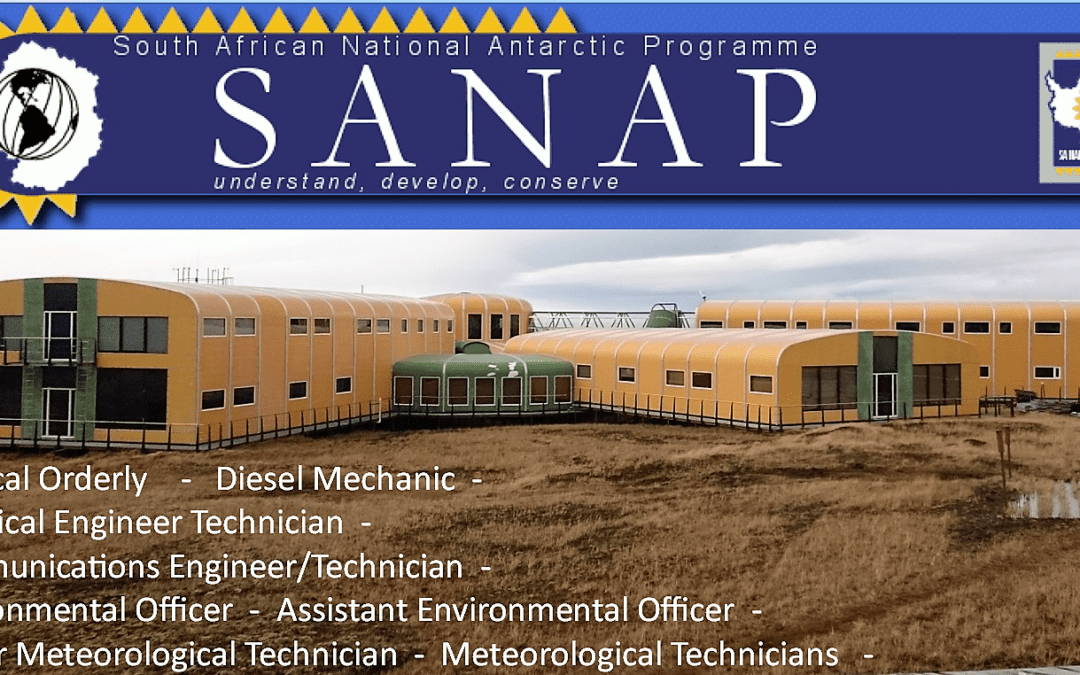

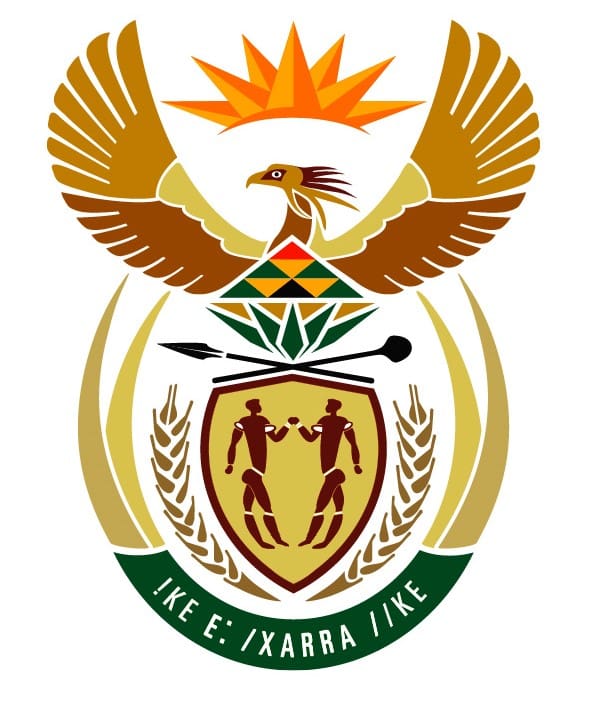 Applications now open for Marion Island 2021-2022 season. Visit the
Applications now open for Marion Island 2021-2022 season. Visit the 
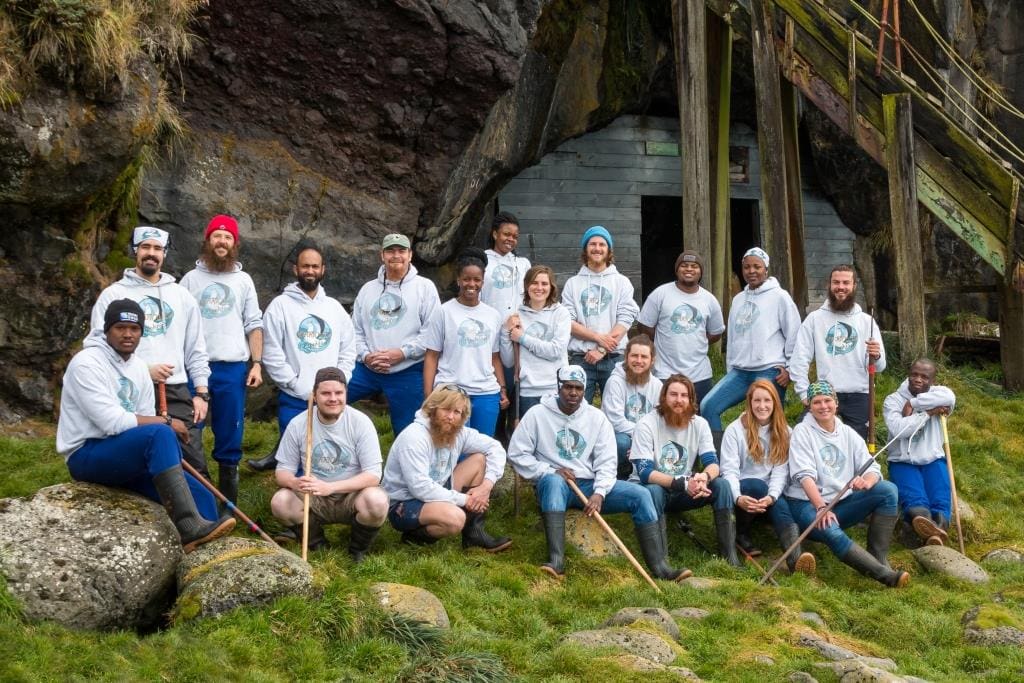
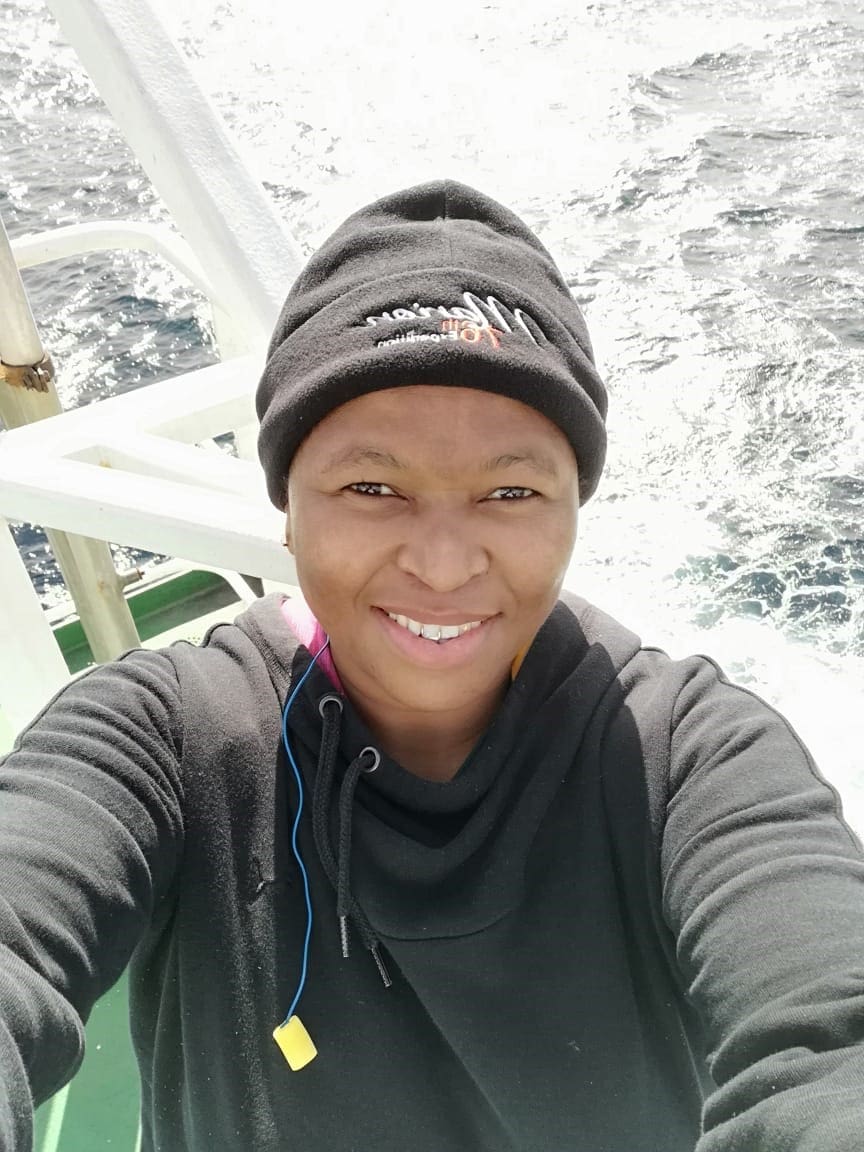


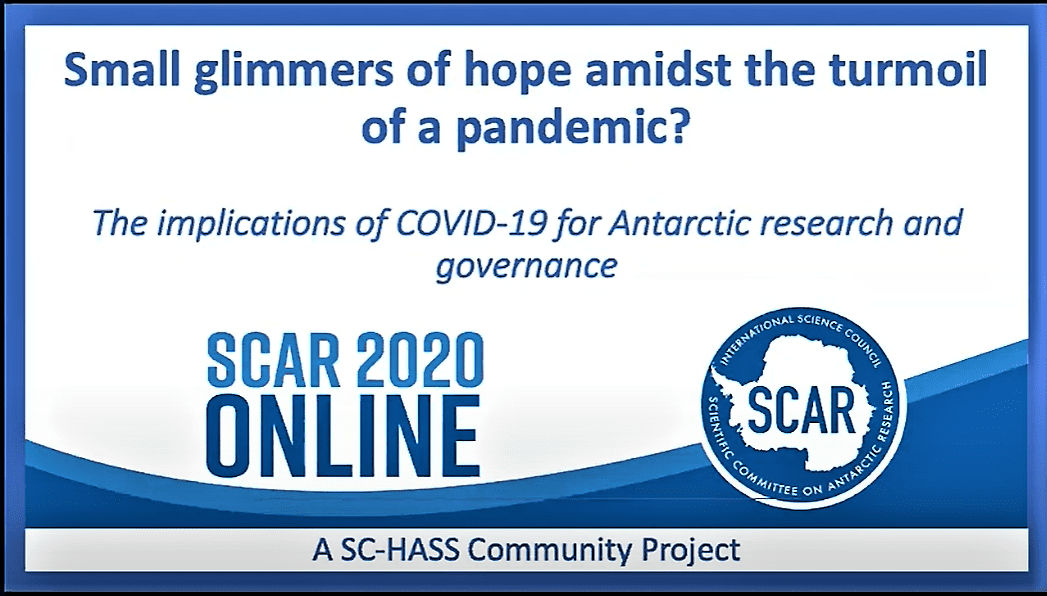

 Link to the survey:
Link to the survey: 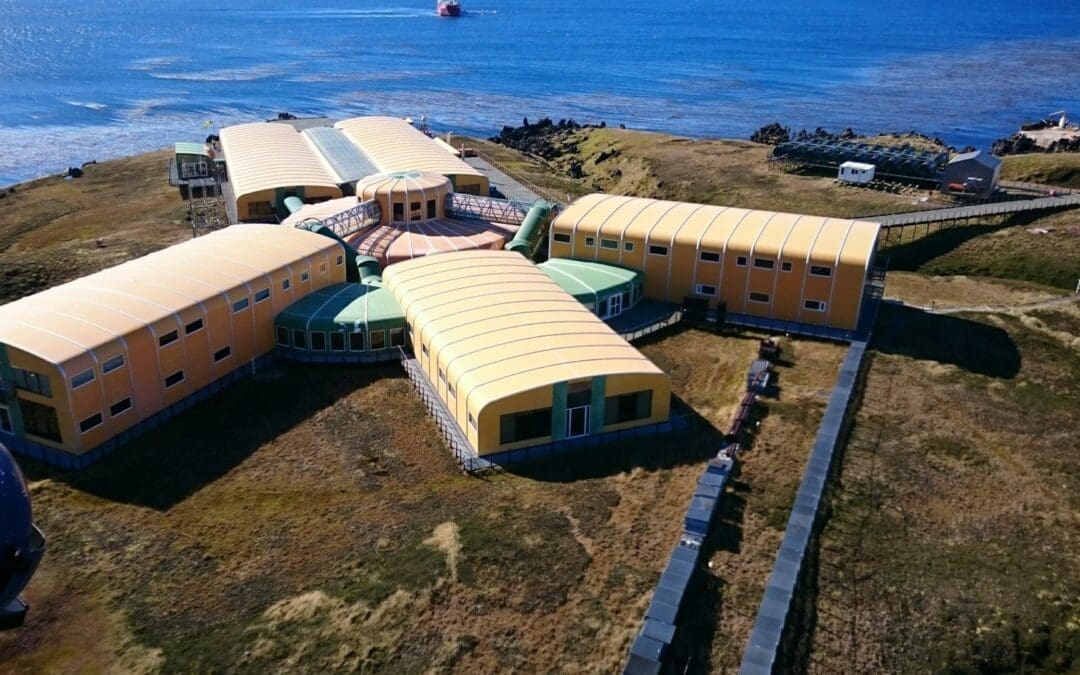
 Department of Environment Forestry and Fisheries Media Release: International wildlife documentary series to be filmed on Marion Island – 16 September 2020
Department of Environment Forestry and Fisheries Media Release: International wildlife documentary series to be filmed on Marion Island – 16 September 2020




